Regarding choosing the right type of footwear, one important factor is the level of comfort and support it provides. Many people, especially those who spend long hours on their feet, often turn to insoles to alleviate foot pain and discomfort.
While countless options are available in the market, the debate on whether thicker insoles are better than thinner ones remains a hot topic. Some argue that thicker insoles offer more cushioning and support for the feet, while others believe thinner insoles allow for better flexibility and mobility.
Here, we will dive deep into are thicker insoles better and the pros and cons of using thick insoles, including their benefits for comfort, support, shock absorption, injury prevention, improved performance, plantar fasciitis, heel spurs, and arch support. So, without further ado, let’s dive into the details.
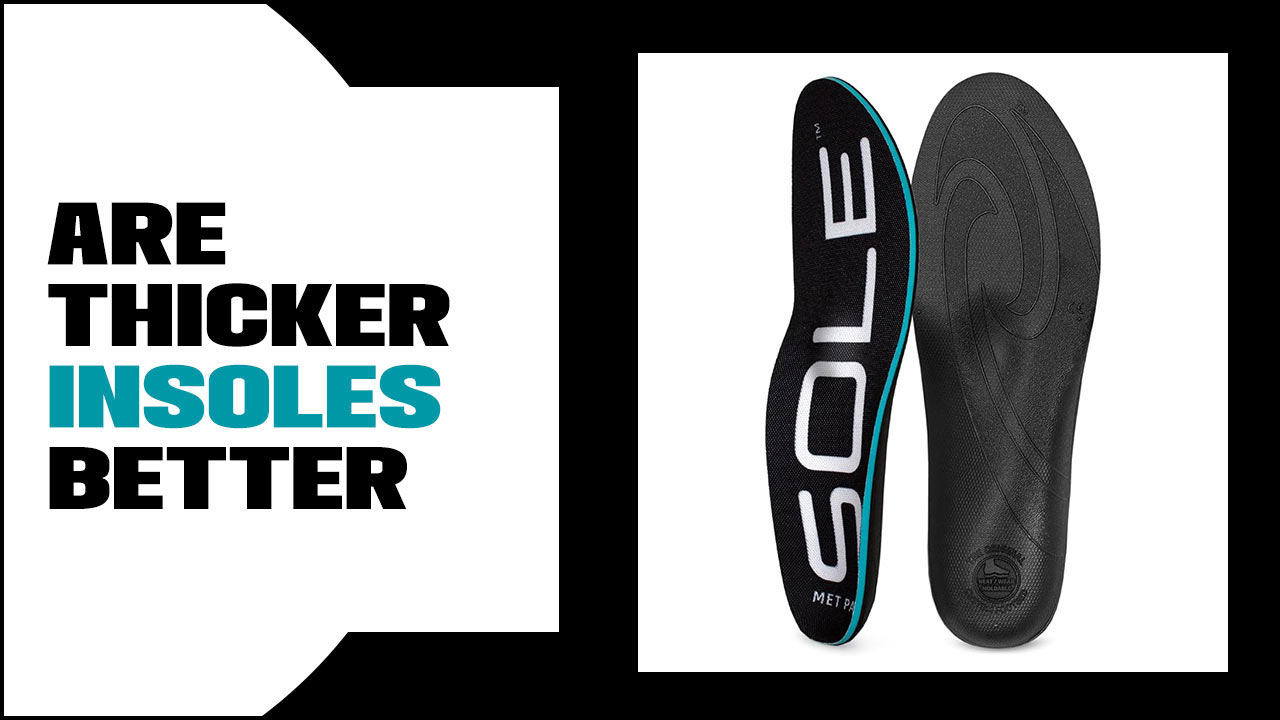
Are Thicker Insoles Better – Choosing The Right Insoles
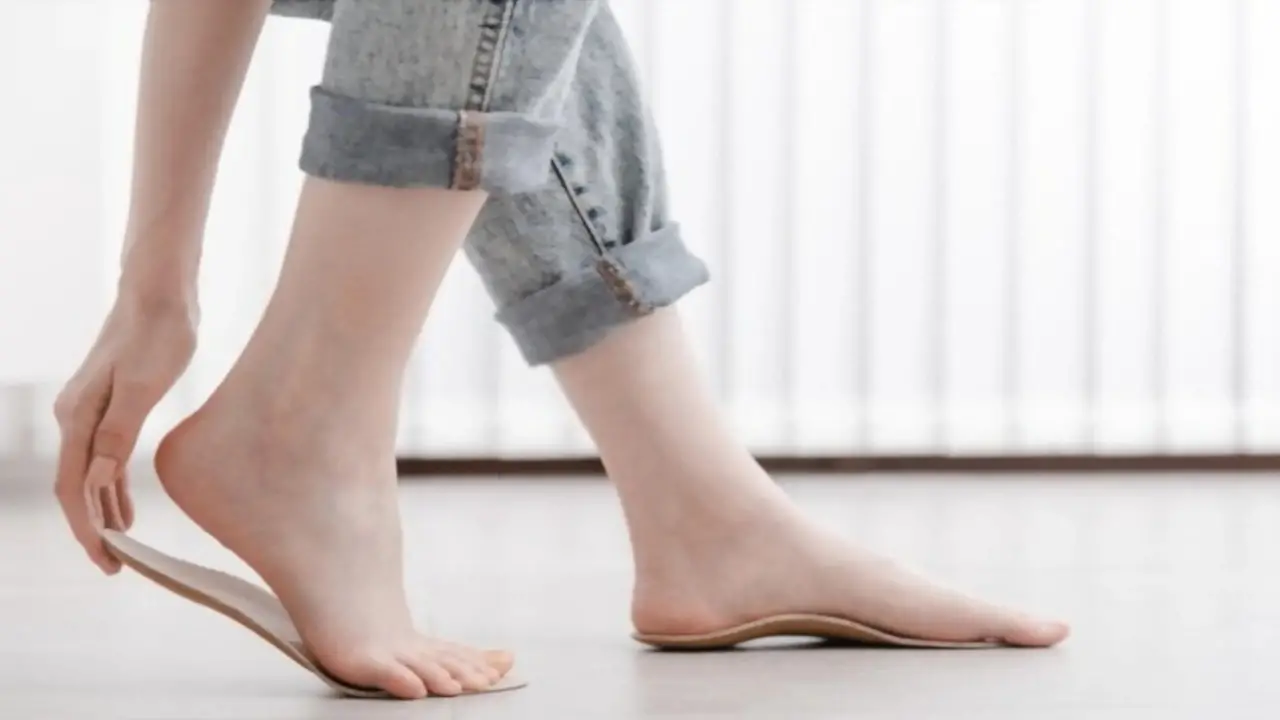
Thicker insoles offer additional cushioning and comfort, especially during long periods of standing or walking. However, some people might find them too bulky, which can affect the fit of their shoes. On the other hand, individuals with foot issues like flat feet or heel pain may benefit from thicker insoles.
The ideal insole thickness depends on personal preference, foot anatomy, and the type of footwear being used. It’s recommended to try different insole thicknesses to find what works best for your feet. Below, we discuss in detail whether are thicker insoles better.
Thick Insoles For Comfort And Support
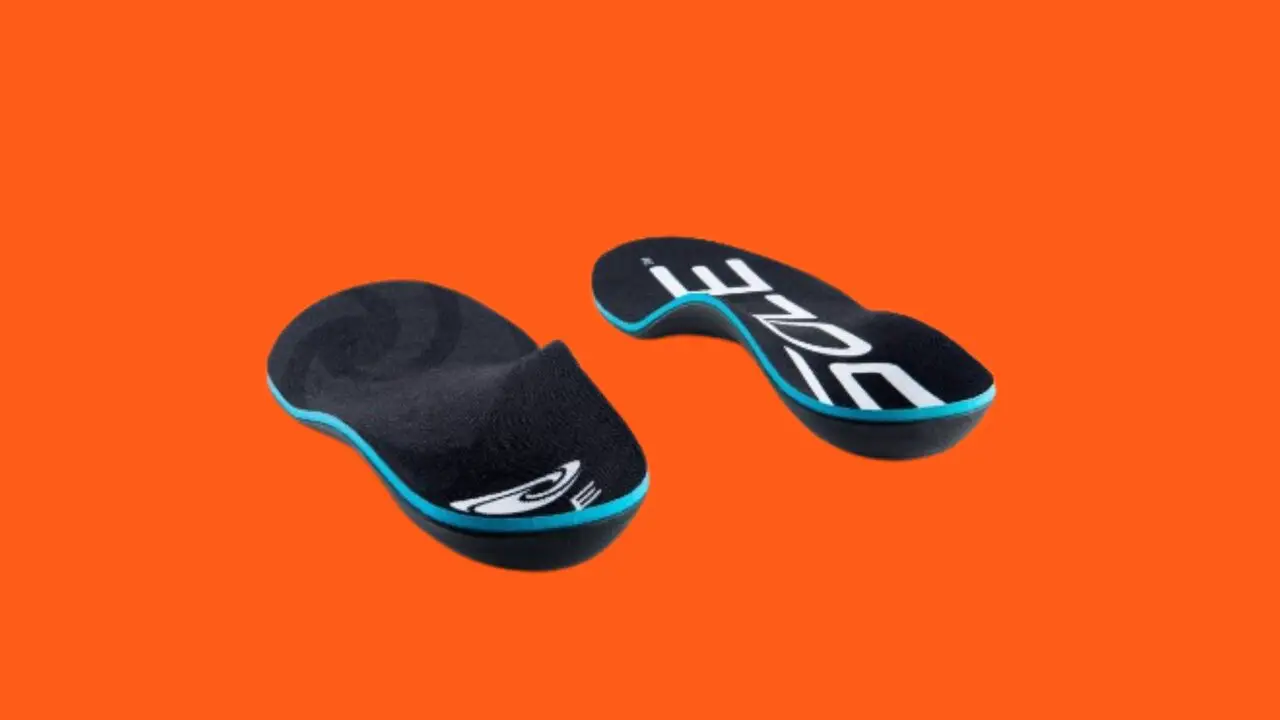
Thick insoles can offer additional cushioning for enhanced comfort, especially in shoes that lack padding. They also provide increased arch support, ideal for individuals with flat feet or fallen arches. These insoles help distribute pressure evenly, reducing discomfort in the foot, ankle, and knee.
Additionally, they provide support and relieve foot fatigue, making them perfect for long hours of standing or walking. Consider using thick insoles in athletic shoes, work boots, and casual footwear.
Thick Insoles For Shock Absorption

Thicker insoles are ideal for shock absorption, effectively reducing the impact of each step during high-impact activities. These insoles cushioned the foot, ankle, and heel, offering protection against injuries and discomfort. Opt for thick insoles with foam padding or gel inserts, as they offer superior shock absorption properties.
Whether you’re into running, hiking, or any other high-impact activity, consider using thick insoles for optimal pain relief, comfort, and foot support. Enhance your performance and enjoy a comfortable experience with these specially designed-insoles.
Thick Insoles For Injury Prevention
Thick insoles can provide additional cushioning, reducing the risk of foot, heel, and ankle injuries. With their ability to absorb shock, these insoles protect the feet from stress fractures and impact-related issues. It is recommended to consider using thick insoles for athletic shoes, work boots, or any footwear used in physically demanding activities.
Enjoy the benefits of extra comfort, support, and injury prevention with thick insoles designed specifically for foot protection. For personalized recommendations, it’s always a good idea to consult with a foot specialist or orthopedic professional.
Thick Insoles For Improved Performance
Thick insoles are a game-changer when it comes to athletic performance. They provide essential support, cushioning, and shock absorption, enhancing efficiency. By maintaining foot comfort and reducing distractions, these insoles allow you to focus solely on your athletic activities.
Whether you’re running or engaging in any sports, thick insoles can improve your stride control and stability. Consider incorporating them into your running shoes, athletic sneakers, or footwear for physical activities. With these thick insoles, you can experience enhanced comfort, support, and performance, perfect for your athletic endeavors.
Thick Insoles For Plantar Fasciitis

Thick insoles are a great option for individuals suffering from plantar fasciitis. These insoles provide much-needed pain relief and support, making it easier to manage the condition. Additionally, they offer extra cushioning and shock absorption, essential for comfort during long periods of standing or walking.
The deep heel cup and arch support provided by thick insoles promote proper foot alignment, helping to alleviate foot pain caused by flat feet or high arches. Moreover, these insoles can be used in various types of footwear, including athletic shoes, work boots, and casual shoes.
Thick Insoles For Heel Spurs
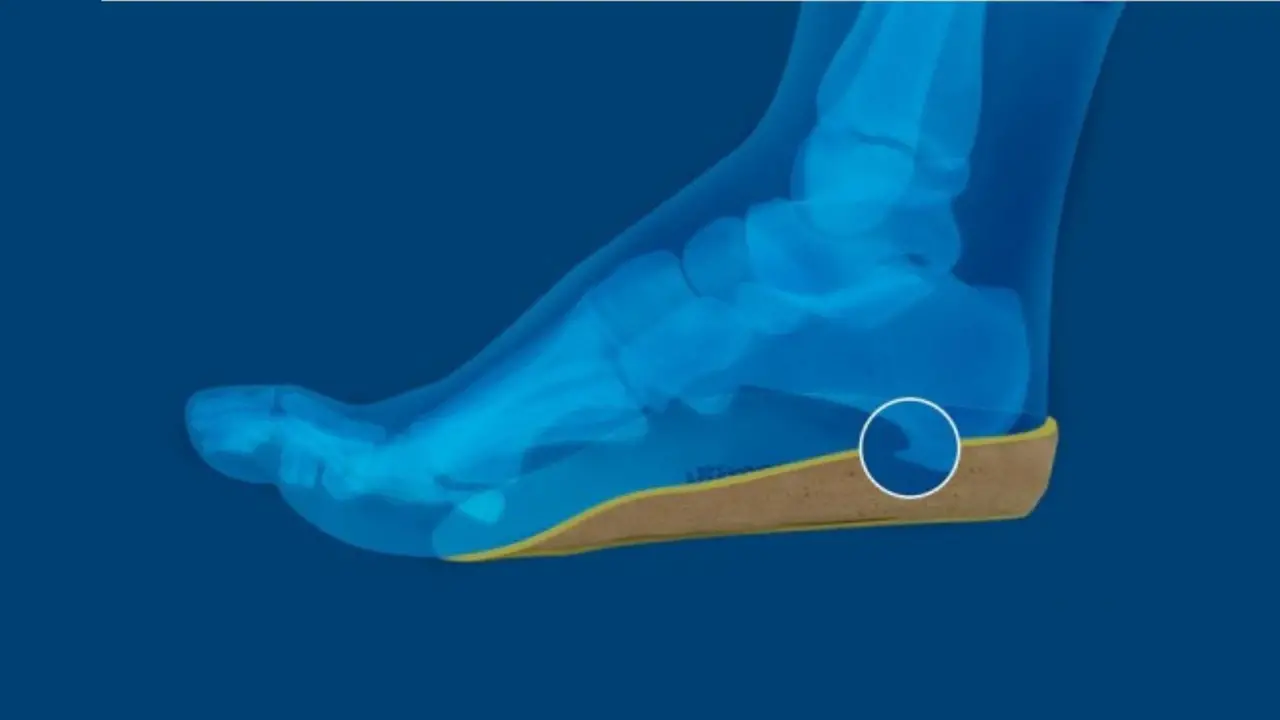
Thick insoles for heel spurs offer extra padding and cushioning in the heel area, reducing discomfort caused by the condition. These insoles provide support and shock absorption, relieving pressure on the heel and reducing foot pain and discomfort.
They are designed to fit in different shoes, ensuring a perfect fit and optimal comfort. Additionally, they are durable and can provide long-lasting support even with regular use. So, if you’re looking for relief from heel spurs, thick insoles could be a great solution.
Thick Insoles For Arch Support
Thick insoles offer good support and arch cushioning, relieving those with arch issues. They help distribute weight evenly, reducing discomfort in the arch area. Additionally, these insoles offer extra comfort and support, making them perfect for long hours of standing or walking.
With medium arch support, they are suitable for different foot types. Designed to fit in different types of shoes, they allow for arch support in various footwear options. Pair them with your best shoes or work insoles for optimal comfort and support.
Types Of Thick Insoles
Foam insoles offer cushioning and shock absorption, making them perfect for athletic shoes. Orthotic insoles provide arch support and foot alignment, making them suitable for conditions like plantar fasciitis. Gel insoles provide extra comfort and cushioning, ideal for long hours of standing or walking.
Memory foam insoles offer personalized comfort by molding to the foot’s shape. Full-length insoles provide support and comfort from heel to toe, making them perfect for different types of footwear. These various types of thick insoles cater to different needs and preferences.
Advantages Of Thinner Insoles
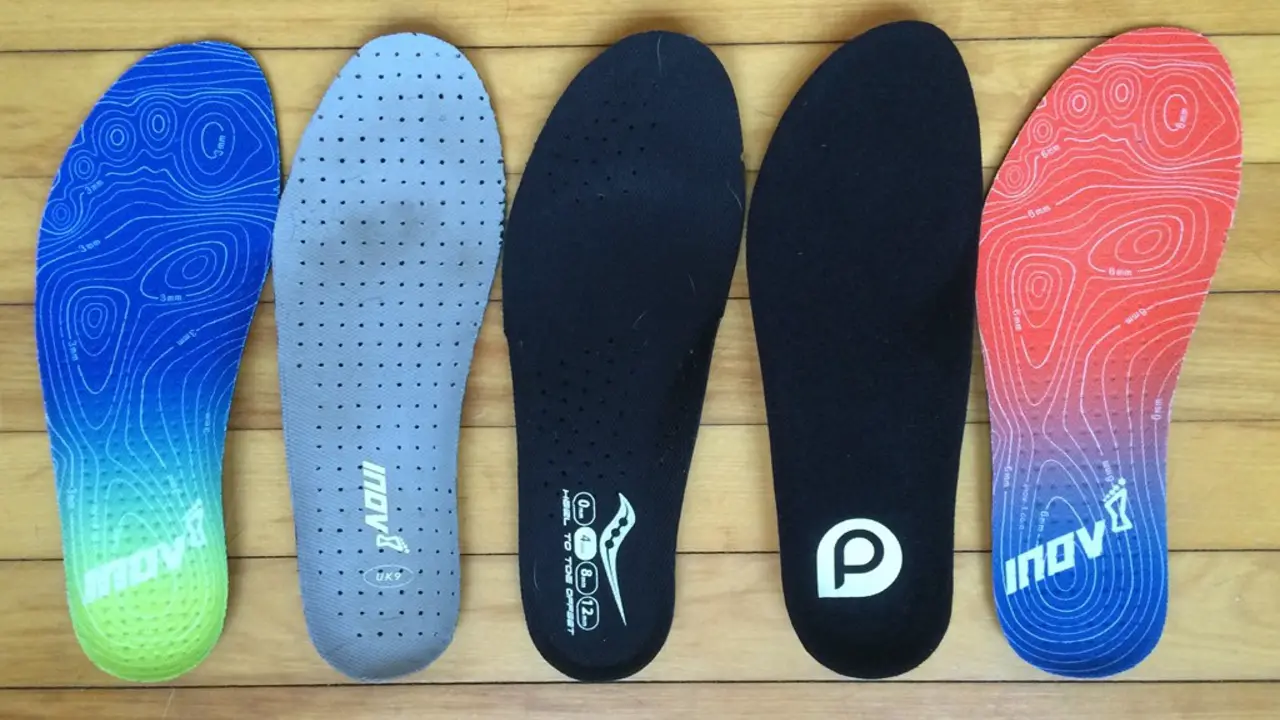
Thicker insoles can offer several advantages for individuals seeking additional comfort and foot support. Here are some key advantages of using thicker insoles. It’s important to note that while thicker insoles may offer these advantages, they may not be suitable for every individual or every type of footwear.
It’s always recommended to consult with a healthcare professional or podiatrist before changing your footwear or orthotic routine.
- Enhanced Cushioning: Thicker insoles provide increased cushioning and shock absorption, which can help alleviate pressure on the feet and reduce discomfort during prolonged periods of standing or walking.
- Corrective Alignment: Thicker insoles can help correct alignment issues, such as overpronation or supination, by providing additional arch support and promoting proper foot placement.
- Customizable Fit: Thicker insoles are often available in different sizes and materials, allowing individuals to find the perfect fit for their specific foot shape and needs.
- Long-Lasting Durability: Thicker insoles are more durable than thinner ones, making them a cost-effective option for long-term foot support.
Disadvantage Of Using Thicker Insoles
Using thicker insoles may seem like a good idea for added comfort and support, but some disadvantages exist. Here are a few drawbacks of using thicker insoles. While thicker insoles may offer some benefits, it’s important to weigh these potential disadvantages and choose the right type of insole for your specific needs and footwear.
- Limited Shoe Space: Thicker insoles can take up more space inside your shoes, which may cause them to feel tight or uncomfortable. This can be especially problematic if you have narrow or tight-fitting shoes.
- Altered Shoe Fit: Thicker insoles can alter the fit of your shoes, potentially causing them to feel loose or unstable. This can affect your balance and make it more difficult to walk or engage in physical activities.
- Reduced Stability: Thicker insoles can raise your feet inside the shoes, which may decrease stability and increase the risk of ankle sprains or other injuries. It’s important to ensure that your shoes provide proper support and stability, regardless of the thickness of the insoles.
Choosing The Right Insoles For Different Shoes
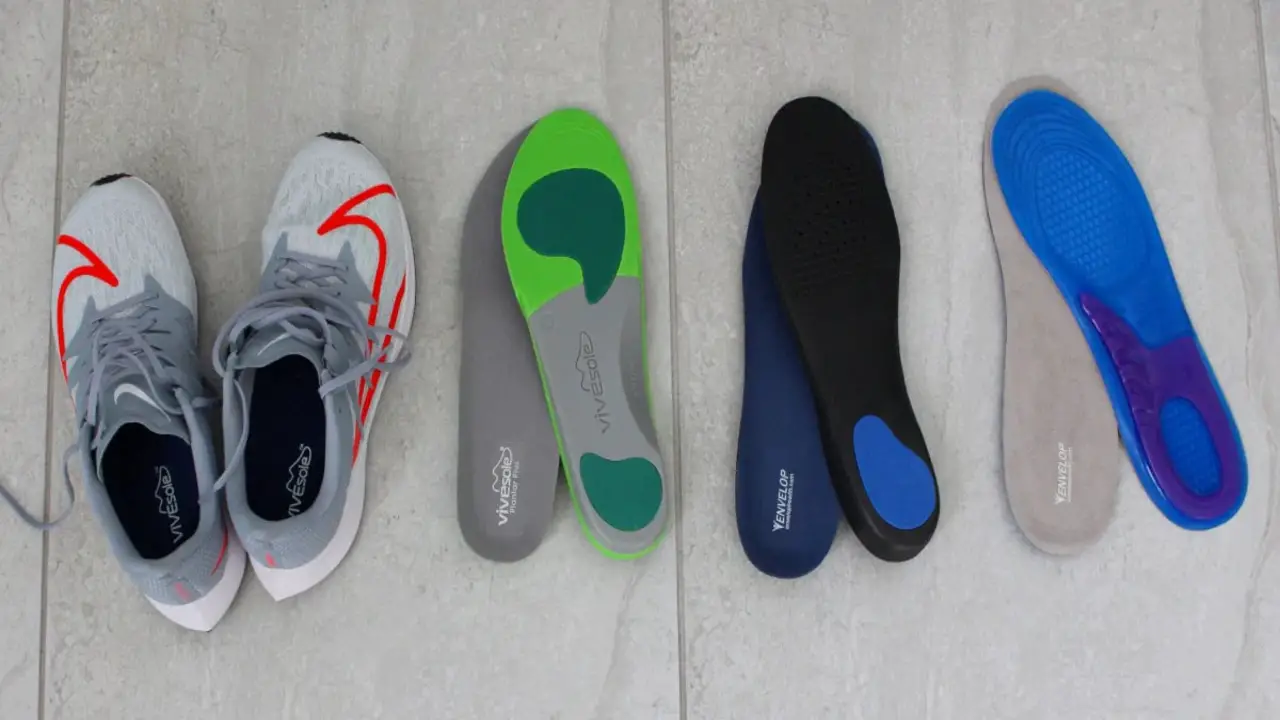
Regarding choosing the right insoles for different shoes, thickness is just one factor to consider. While thicker insoles can provide more cushioning and support, they may not always be better for every shoe or foot type. Here are some points to keep in mind when selecting insoles.
Remember that finding the right insoles is a personal choice that depends on factors such as shoe type, foot needs, and overall comfort. It may require some trial and error to find the
- Consider The Shoe Type: Different shoes have different levels of cushioning and support built into their design. For example, running shoes typically have more cushioning in the midsole, so adding thick insoles may make them too tight or uncomfortable. On the other hand, dress shoes often have minimal cushioning so that thicker insoles can provide additional comfort.
- Assess Your Foot Needs: Everyone’s feet are unique, so it’s important to consider your specific needs when choosing insoles. If you have high arches or require extra support, a thicker insole with arch support may be beneficial. However, if you have flat feet or need more room inside your shoes, thinner insoles may be a better option.
- Fit Is Key: Insoles should fit properly inside your shoes without causing discomfort or altering the shoe’s fit. It’s important to try on different thicknesses of insoles and walk around to ensure they don’t create any pressure points or make your shoes feel too tight.
- Seek Professional Advice: If you’re unsure about which thickness of insole is best for your specific shoe and foot needs, it can be helpful to consult with a podiatrist or shoe specialist. They can assess your feet and recommend the most suitable options for you.
Expert Recommendations On Insole Thickness
Regarding insoles, thicker doesn’t necessarily mean better. The thickness of an insole should be chosen based on individual needs and preferences. Here are some expert recommendations on insole thickness. Remember, everyone’s feet are unique, so it’s essential to find the right balance of support and comfort when choosing the thickness of your insoles.
- Consider Your Footwear: Thicker insoles may not fit comfortably in all types of shoes, especially those with a snug fit or limited space. Make sure to choose an insole thickness that works well with the shoes you plan to wear.
- Arch Support: If you have high arches or need extra support, a thicker insole with added arch support may be beneficial. This can help alleviate foot pain and improve overall comfort.
- Cushioning: Thicker insoles often provide more cushioning and shock absorption, which can be beneficial for activities that involve repetitive impact, such as running or hiking. However, keep in mind that excessive cushioning may affect stability and balance.
- Foot Conditions: Individuals with specific foot conditions may require different levels of support and cushioning. It’s important to consult with a healthcare professional or podiatrist to determine the appropriate thickness for your specific needs.
How To Ensure A Good Fit With Your Insoles?
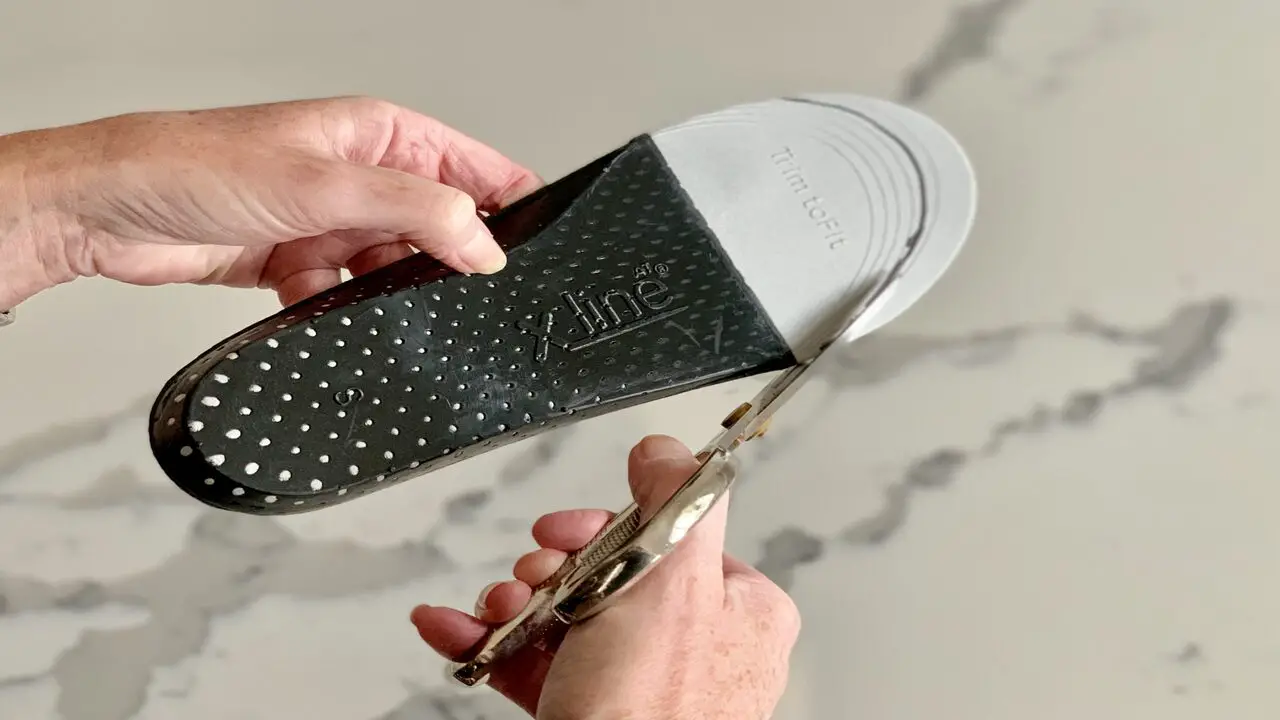
Regarding insoles, ensuring a good fit is key for maximum comfort and support. Here are some tips to help you find the right fit. Remember, everyone’s feet are unique, so what works for someone else may not work for you. It may take some trial and error to find the perfect fit, but investing time in selecting the right insoles will pay off in terms of improved comfort and support.
- Measure Your Shoe Size Accurately: Use a measuring tape or ruler to measure the length and width of your foot. This will help you choose the correct size of insole.
- Choose The Right Arch Support: Insoles come in different arch types – low, medium, and high. Determine your arch type by doing a wet foot test or consulting a podiatrist. Selecting the appropriate arch support will provide better alignment and reduce discomfort.
- Consider The Thickness: Thicker insoles can provide more cushioning, especially for those with conditions like plantar fasciitis or heel pain. However, it’s important to ensure that the thickness doesn’t cause your shoes to fit too tight or alter your gait.
- Try Them On: Before purchasing, try the insoles inside your shoes to see how they feel. Walk around and make sure they don’t slip or move excessively.
Conclusion
Thicker insoles can provide several benefits, such as comfort, support, shock absorption, and injury prevention. They can also improve performance, especially for individuals with conditions like plantar fasciitis, heel spurs, or the need for arch support. However, it’s important to consider the type of shoe and specific needs when choosing insoles.
Thinner insoles may have advantages such as better fit and compatibility with certain shoe styles. It’s always recommended to consult with experts and ensure a good fit to maximize the benefits of insoles. By knowing whether are thicker insoles better or not, you can find out what insoles you need. So, whether you prefer thicker or thinner insoles, prioritize your foot health and choose the option that suits your needs.
Frequently Asked Questions
1.Are Hard Or Soft Insoles Better?
Ans: The best type of insole for you depends on your specific needs and foot condition. Soft insoles offer extra cushioning and shock absorption, making them ideal for those with foot pain or plantar fasciitis. On the other hand, hard insoles provide more support and stability, which is beneficial for individuals with flat feet or overpronation.
2.Are Thin Insoles Good?
Ans: Thin insoles can be a suitable option for those who require minimal support or have limited space in their shoes. They can offer a more natural feel while walking or running. However, individuals with foot pain or discomfort may benefit from thicker insoles that provide better cushioning and support.
3.Does Insole Size Matter?
Ans: Insole size is crucial for proper fit and support. It’s important to match the insoles with the size of your shoes to avoid discomfort or slipping. While thicker insoles can provide added cushioning, they may not be suitable for all types of footwear.
4.How Thick Are Normal Insoles?
Ans: Normal insoles typically measure around 3-5mm in thickness. While thicker insoles may offer more cushioning and support, they can take up additional space in your shoes. The thickness of your insoles should be based on your foot type and any specific foot conditions you may have.
5.Do Thin Insoles Have Enough Cushioning?
Ans: Thin insoles can offer sufficient cushioning for some individuals, depending on their foot shape, weight, and activity level. However, thicker insoles may benefit those with high arches or who spend long periods on their feet.
